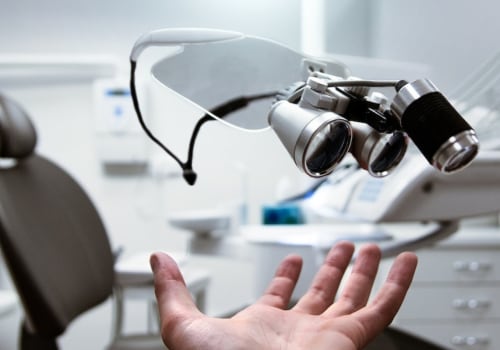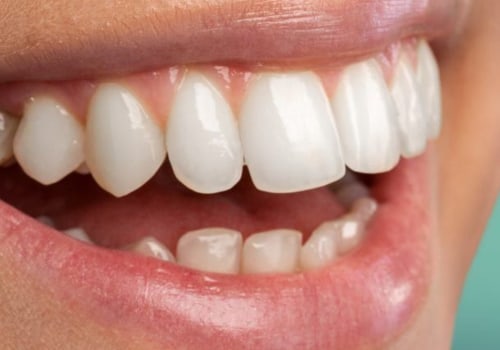Erbium laser is the laser of choice for the treatment of hard dental tissues. Erbium lasers provide minimal thermal side effects and can also be used for soft tissue ablation, in fact, soft tissues also contain a high percentage of water. The CO2 laser has been used for intraoral procedures since the 1960s and since 1991 to date millions of CO2 laser procedures have been performed with Luxar-LightScalpel flexible fibers. Super-pulsed lasers have pre-activated tips that allow for more uniform energy transfer to the laser tip.
Laser dentistry harnesses the wonderful power of light to combat tooth decay and keep your teeth clean. The purchase of a diode laser may be the bridge to buying a more sophisticated and higher-priced laser in the future.
Laser dentistry
offers several benefits over traditional dental treatments and is a non-invasive way to combat and repair cavities. Diode lasers offer the most cost-effective way for young doctors to enter the laser market.Low-level laser technologies (LLLT) (i.e., red light technologies) have started to gain ground and have increased their use in dentistry for both the dentist and the hygienist. Regarding education, while some dental schools in the United States offer rigorous laser training in their curricula, a large number of young doctors do not experience the use of lasers during their predoctoral training years. The benefit of using lasers to treat tissues in the mouth is that laser therapies don't require sutures like normal oral surgery does. This means that laser dentistry is a great option for children or adults who are nervous at the dentist or who have sensitive teeth.
A simple review of the soft tissue absorption properties of all soft tissue dental lasers (810 nm, 904 nm, 960 nm, 980 nm, 1064 nm, 9.3 microns and 10.6 microns) reveals that the 10.6 micrometer wavelength of the CO2 laser is the most suitable for soft tissue surgical applications intraoral.







